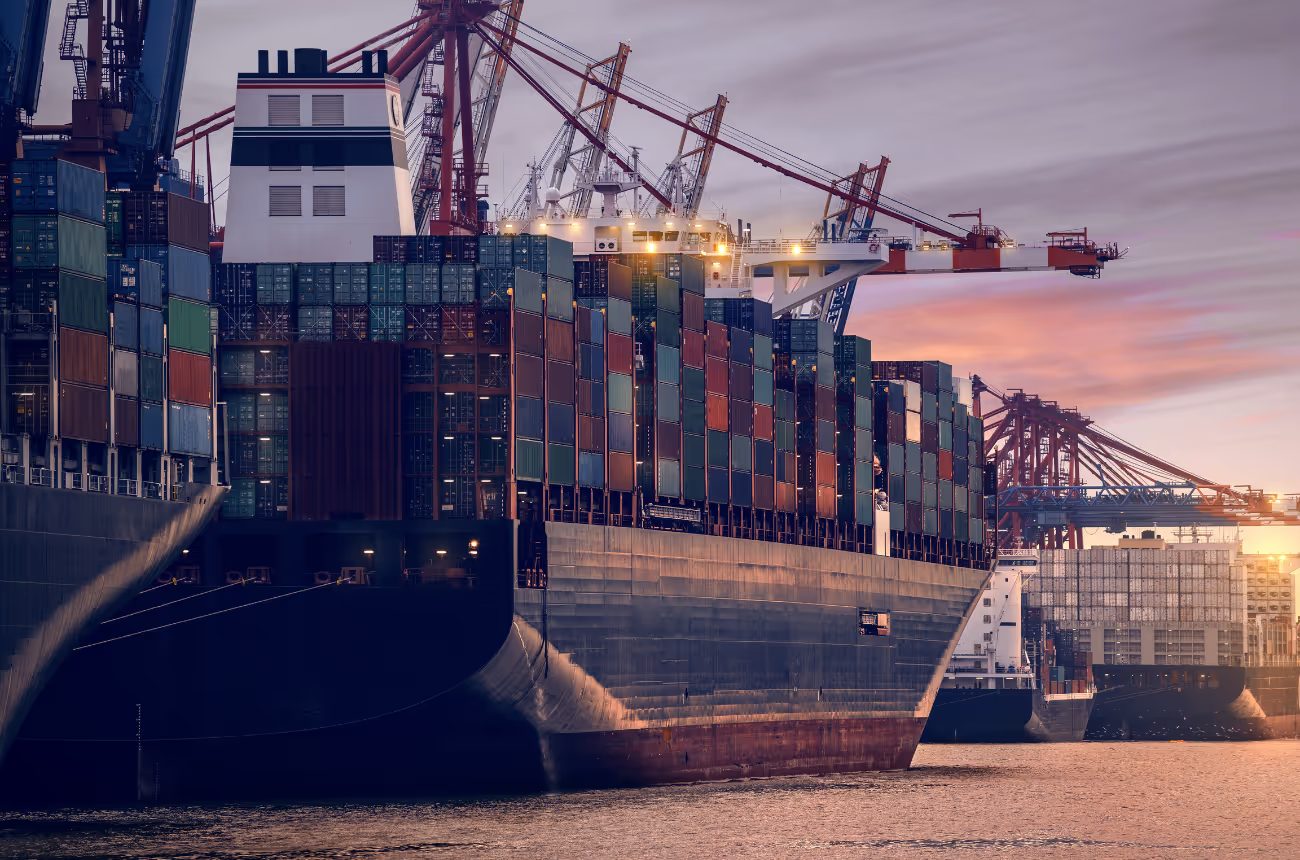As the global trade landscape continues to evolve, European manufacturers and shippers face mounting challenges due to newly imposed U.S. tariffs. Our recent webinar, Navigating the Impact of New U.S. Tariffs on European Manufacturers and Shippers: Strategies for Supply Chain Resilience, brought together industry experts to discuss the potential effects of these tariffs and explore strategies to mitigate risks.
Understanding the New Tariffs and Their Implications
Adrian Gonzalez, the webinar’s host, kicked off the discussion by outlining the ever-changing nature of trade policies. He emphasized how tariffs, particularly those imposed on European goods such as automobiles and technology products, could lead to increased costs, supply chain disruptions, and market shifts. With potential retaliatory measures from the EU, businesses need to be proactive in adapting to these changes.
Key Discussion Points
1. The Broader Trade Landscape
Sean Miner provided a high-level overview of U.S. trade policies, highlighting how tariffs are being used as both a negotiation tactic and a protective measure for domestic industries. He categorized tariffs into two groups:
- Negotiation Tariffs: Imposed to pressure countries into adjusting their own trade barriers.
- Protective Tariffs: Designed to protect U.S. industries, such as steel, aluminum, and semiconductors, from foreign competition.
These measures have created uncertainty for global businesses, requiring them to stay agile and informed.
2. European Reactions and Industry Impact
Nicolas Collart shared insights on how European industries, particularly the automotive sector, are reacting to these tariffs. With Germany being one of the largest exporters to the U.S., manufacturers like Volkswagen face significant challenges. He also pointed out that the EU is exploring countermeasures and alternative trade agreements to offset the impact.
Other industries, including technology and consumer goods, are also bracing for potential cost increases and supply chain realignments.
3. Supply Chain Challenges and the Role of Technology
Christopher Mazza discussed how tariffs add complexity to global supply chains. Shippers and logistics providers are seeking greater visibility and data insights to manage risks effectively. He emphasized that advanced technology, such as real-time tracking and predictive analytics, can help businesses navigate trade uncertainties by optimizing sourcing strategies and improving resilience.
Strategies for Mitigating Tariff Risks
Throughout the discussion, our panelists provided several actionable strategies for businesses affected by tariffs:
- Data-Driven Decision Making: Sean Miner stressed the importance of leveraging historical trade data to assess risks and plan accordingly.
- Diversifying Supply Chains: Companies should explore alternative sourcing options and trade routes to minimize dependency on tariff-impacted regions.
- Maximizing Trade Agreements: Nicolas Collart highlighted the benefits of leveraging free trade agreements to reduce tariff burdens.
- Implementing Duty Mitigation Programs: Businesses can explore options such as duty drawback and first sale programs to recover costs.
- Enhancing Supply Chain Visibility: Christopher Mazza emphasized the role of technology in providing real-time insights to anticipate and respond to disruptions.
Looking Ahead
As global trade dynamics continue to shift, businesses must stay informed and proactive in managing risks. The webinar underscored the need for agility, strategic planning, and investment in technology to navigate the evolving tariff landscape effectively.
For those who missed the live session, you can watch the full discussion here.
Stay tuned for more insights as we continue to monitor developments in international trade and supply chain resilience.
Latest blogs & product releases.
Authors






